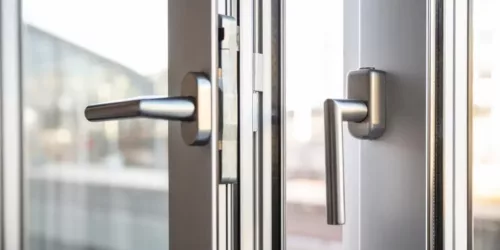How Long Does Double Glazing in Windows Last?
- Lifespan for double glazing in windows
- How does a window that’s double glazed work?
- What do double glazed windows cost?
Replacing your windows with double glazing is an expense that may get you questioning how long they will last. The benefits are well documented about how much you can save in energy bills, but it’s also important to know when you are likely going to have to replace them. Naturally, the more you look after them, the longer you can expect double glazing in windows to last.
This article will go through the average life expectancy of double glazing in windows and how they can be affected by environmental conditions. It will also look at why any units that are damaged will be costing you money and why they should be replaced quickly. There are always factors that influence the lifespan of a window that’s double glazed, and the material also has a bearing on this.
In need of double glazing? Use our quote comparison tool to find out how much you'd pay. It only takes a minute.
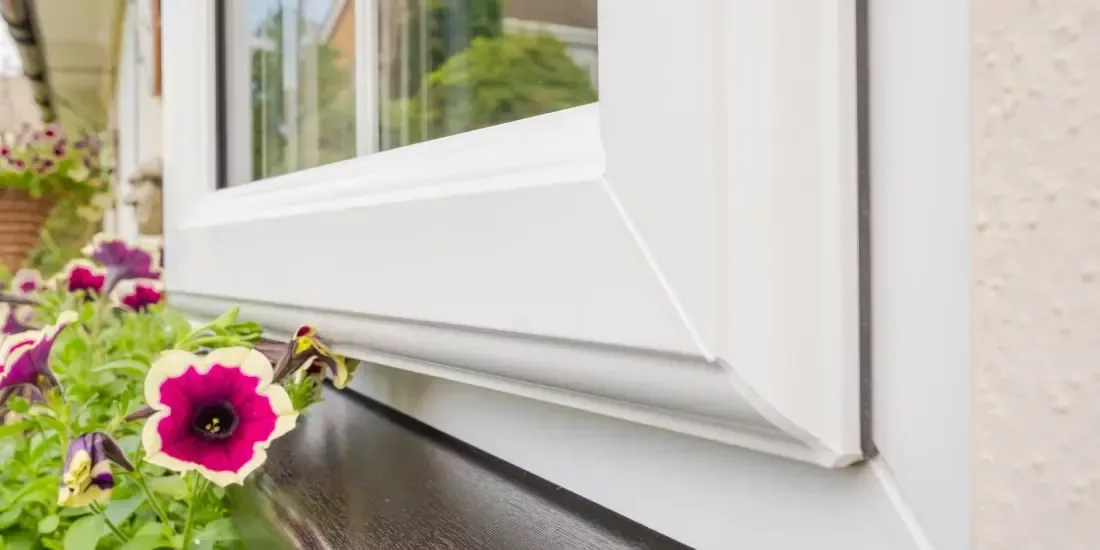
What's On This Page?
Click the links below and head straight to a specific section of the article.
Anatomy of Double Glazing in Windows
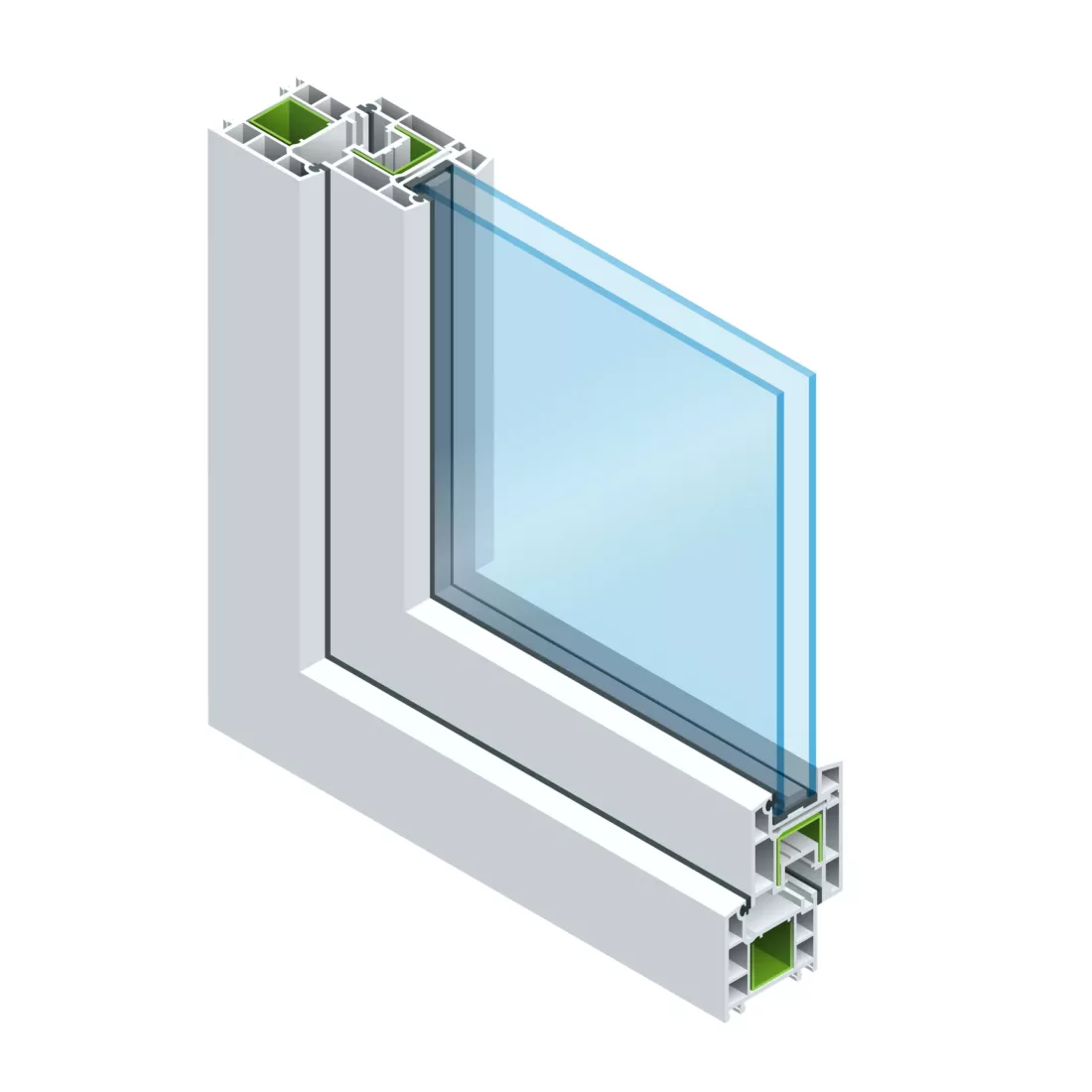
The cross section highlights the gaps throughout the structure of a double glazed window. Argon usually fills the space between the panes, which is edged by desiccant, designed to keep it moisture-free. The frame material will have miniscule gaps that let out air and heat, but the surrounding seal limits the effect of this.
The insulating barrier of the gas infill permits less heat to be lost via transfer through the panes. Argon can reduce thermal efficiency by up to 30% over other gases. Making sure this is working is paramount to your window’s performance. Double glazing in windows is only effective if they aren’t compromised.
Understanding double glazing in windows allows you to discover how long the unit can last. Various parts can go wrong at different times, but a little maintenance can keep them at their best for the longest time possible.
How Long Should Double Glazed Windows Last?
Double glazing your windows is one of the easiest ways in which you can instantly improve the energy efficiency of your home. Getting a universal answer for their lifespan is difficult, mainly because it depends on how the windows are made and installed, as well as how well they are looked after. Estimates range from 10-50 years, but you can expect them to last at least 20 years.
Coastal locations are subject to increased amounts of weathering, which can reduce how long double glazing in windows can last. Traditional urban environments offer the best conditions, giving at least 25-30 years of use. This is assuming that the windows are cared for. If the integrity of the frame or seal becomes damaged, your double glazed windows will no longer be effective.
How Does the Frame Material Affect Double Glazing in Windows?
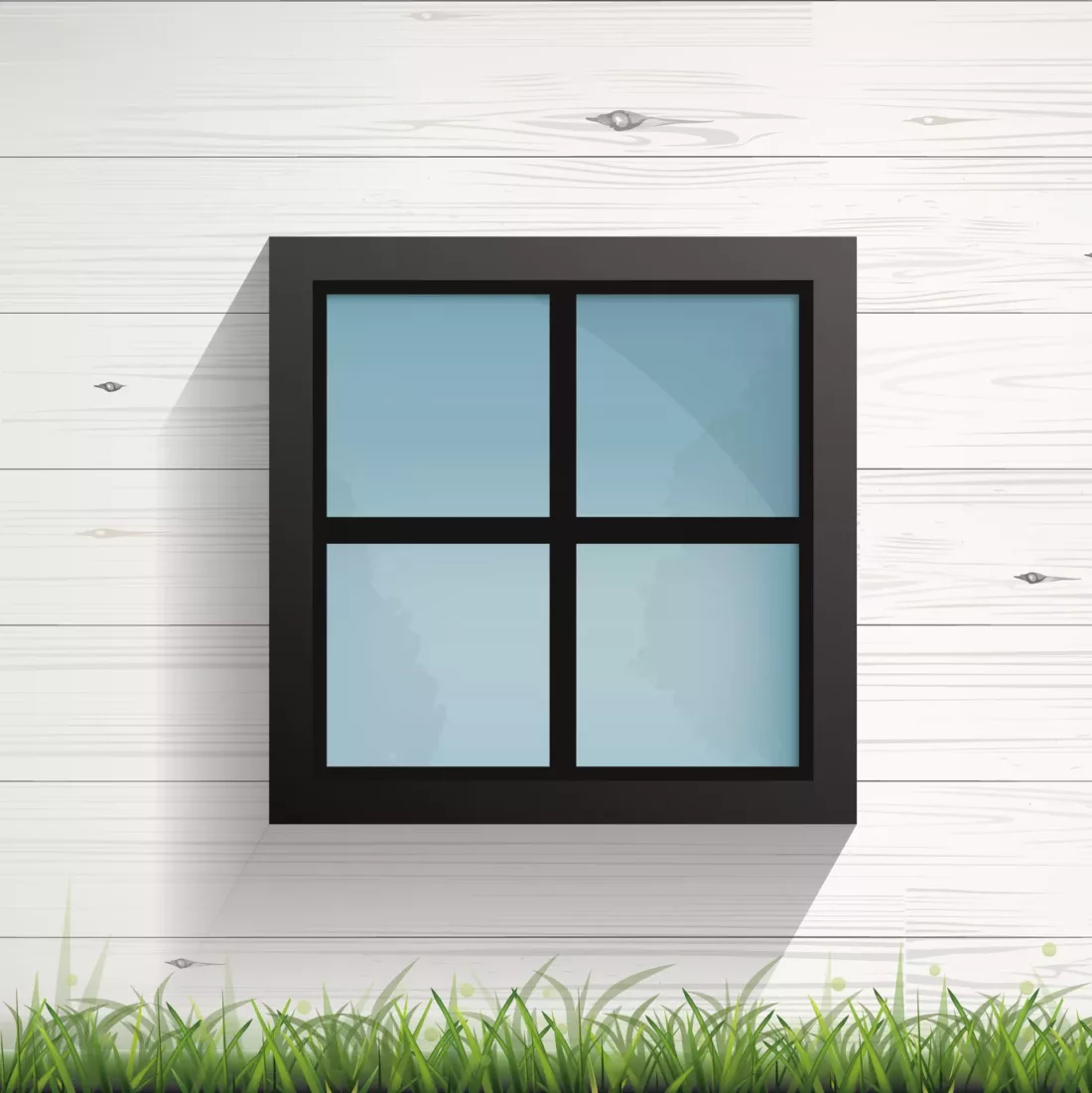
Much more than a fashion choice and a complementing colour to your external façade, the window frame has a massive bearing on how double glazing in your windows performs. For a start, the materials are prone to shrinkage and expansion based on outside temperatures. Extreme summer heatwaves and intense cold snaps, though months apart at a time, take their toll on these materials, whether aluminium, uPVC or timber.
Smaller gaps can appear and grow over a number of years, not only spoiling the aesthetic but compromising the gas infill of the window. Argon is usually used as an insulator in the windows, but it is also susceptible to temperature changes. With both the gas and the materials expanding with heat, there will always be a lifespan for double glazing in windows.
uPVC
Perhaps the most popular and cheapest option for windows, uPVC is relatively low maintenance. Budget versions are more prone to warping and discolouration from high temperatures, which can limit their lifespan by 10-15 years.
On average, double glazing in windows with a uPVC frame can last 20-25 years.
Aluminium
A more modern and stylish option, aluminium frames allow for a greater area of glass. They are sturdy, secure and come in a number of styles. More durable than uPVC, they don’t require much maintenance.
You can typically expect double glazing in windows with an aluminium frame to last up to 45 years.
Timber
The timeless classic of a wooden frame cannot be underestimated. Although the cost is much more than all other materials, it has the potential to last even longer. The only downside is that wood is more prone to weathering and requires constant maintenance.
With a lot of effort, double glazing in windows with a timber frame can last up to 50 years or longer.
You can see how these materials compare in the interactive graph below. Bear in mind that some of these estimates are the minimum lifespan and can last even longer.
What Affects the Lifespan of Double Glazing in Windows?
Not all double glazed windows will last the same length of time. Pay attention to the following to realise how they may affect durability.
Geography
Not only will coastal properties be weathered more quickly, but south facing windows will degrade at an increased rate. Constantly in the sun, the materials are all subject to heating and shrinkage more often, limiting how long they can last. When your double glazing is fitted, the installer should be sympathetic to your environment, making sure you aren’t left with poor materials that won’t endure.
Manufacturer
The materials used for double glazing your windows and doors can greatly affect how long they last. Quality products might cost you a little more, but you can be sure that an additional lifespan comes with it. Cheap materials rarely mean longevity, becoming more prone to cracking and discolouration.
Installation
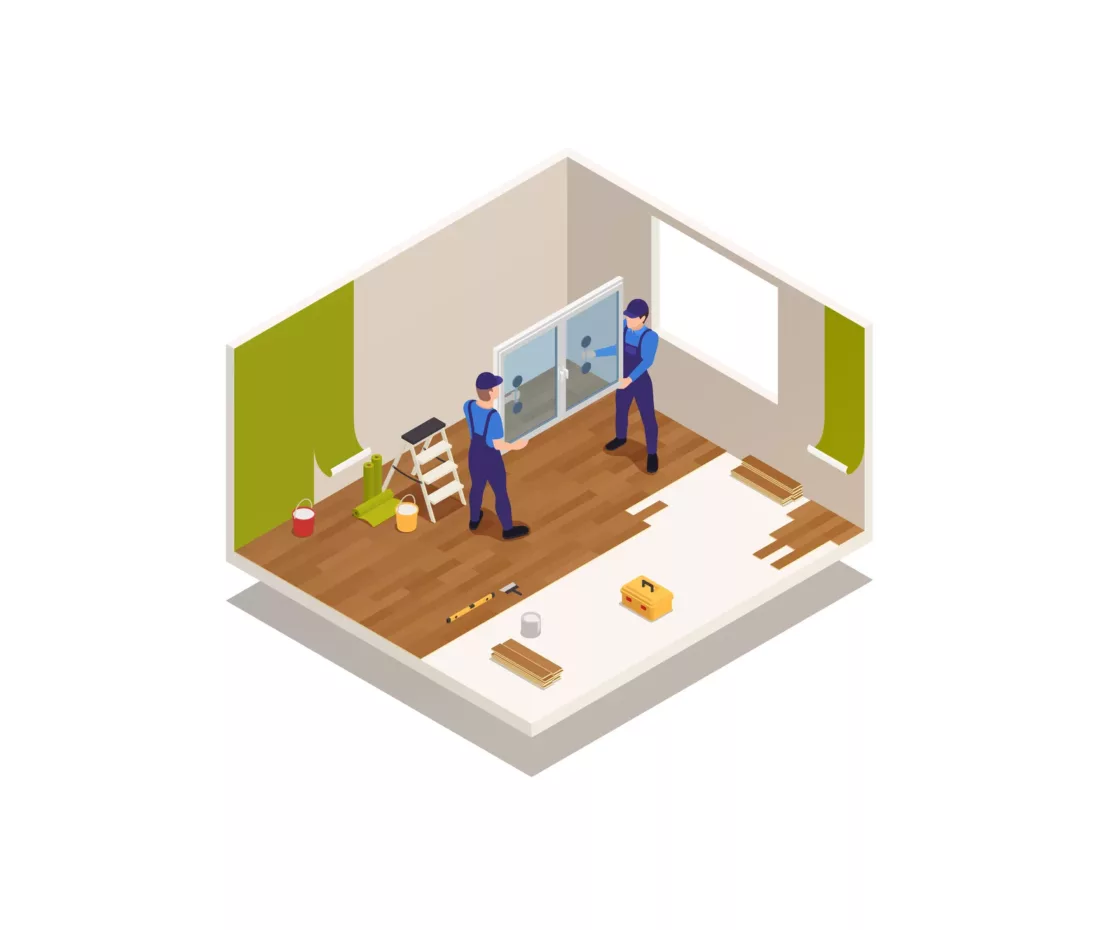
A professional installer should be competent enough to fit your window without gaps or issues. Badly fitted windows can cause more problems than failed double glazing, as water can seep in and present problems with damp. This is a big issue for timber as it can cause it to rot. Double glazing your windows should only be undertaken by an expert, which will help them last for many years.
Signs Your Double Glazing Needs Replacing
If your windows are energy efficient, your home is benefitting from extra heat retention and a decrease in your heating bills. When double glazing in windows begins to age or fail, you might start to notice their effectiveness decreasing. Here are some common signs to look out for that mean your double glazed windows need to be replaced.
Draughts
Plenty of heat that escapes through windows is through gaps in the frame. With new double glazing in windows, you shouldn’t feel any draughts coming through around the window. If you run your hand across the frame, you shouldn’t be able to feel any coldness or draughts. If there is an issue with leakage, it could be a sign that the seals need replacing. Either the seals around or within the double glazing could be affected.
If you feel draughts, consider the cheapest option first. Bigger issues with double glazing in windows could be symptomatic of faults that are more expensive to rectify. Major draughts could be a sign that either the gas infill has failed or the frame material has shifted. This is more common in new builds as the materials are still drying out and settling, but temperature fluctuations can shift any window, making it more difficult to open and close. Adjusting the hinges can rectify this issue.
Condensation
Double glazing in windows that have condensation within the gap is a major issue. Fog or condensation building up is an indication that the interior seal has failed and the insulating gas has leaked out. Any structural imperfections in the unit stop the anti-moisture elements from operating as they should, becoming overwhelmed with external moisture.
What’s known as desiccant, or a hygroscopic substance, sits in the spacer bar within double glazing. Its job is to absorb any naturally occurring moisture within its sealed environment, preventing fog and any condensation. Condensation only shows up on double glazing in windows that are in direct sunlight, so it’s possible to have failed seals in windows without knowing it. Regularly inspecting your windows for excessive cold temperatures can stop this going unnoticed. Also, if external noise is more noticeable, this could be another sign that the gas infill has failed.
How Much Do Double Glazed Windows Cost?
If you are looking to add double glazing to your windows, the overall cost will mainly depend on the material you choose. uPVC is the cheapest material, which can start at £560 for a 1,000 x 1,000mm window, followed by aluminium and then timber. If you take into consideration that timber windows can have around 50 years of life in them, the benefit can outweigh the cost.
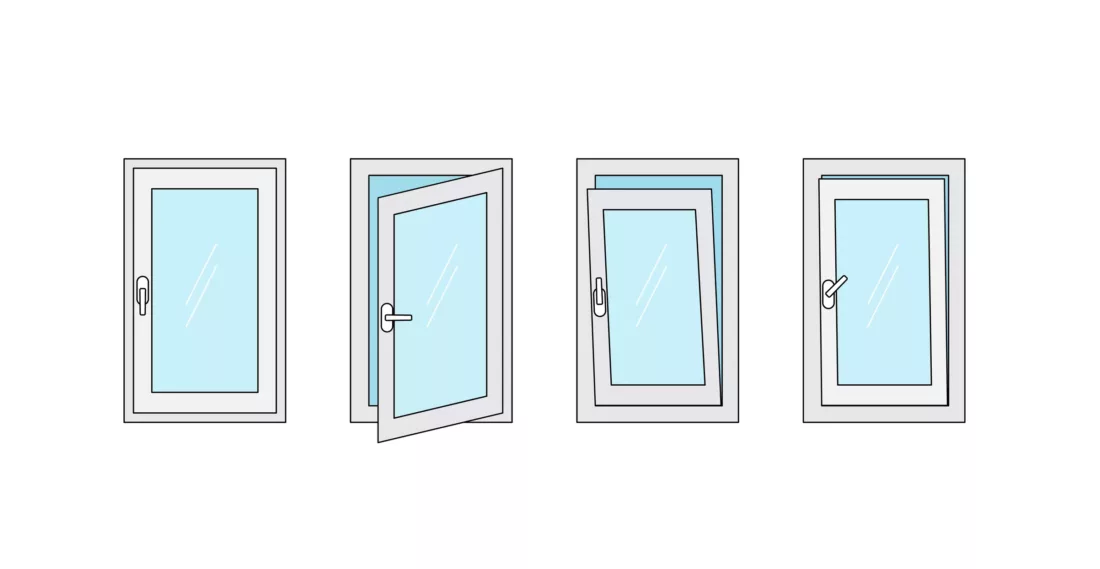
Some manufacturers can offer timber cheaper than aluminium and even steel. It certainly pays to shop around, as you might be able to get superior materials relatively inexpensively. Double glazed windows cost more the bigger they are in size. Style also has a factor, as casement will be the cheapest compared to sash or tilt and turn options.
Related articles
View all Glazing articles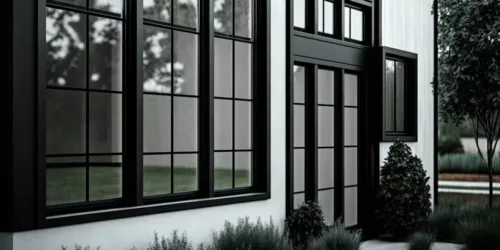
How Much Would It Cost to Double Glaze a 3 Bedroom House?
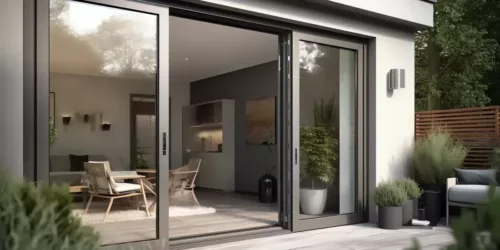
A Complete Guide to Double Glazing Doors
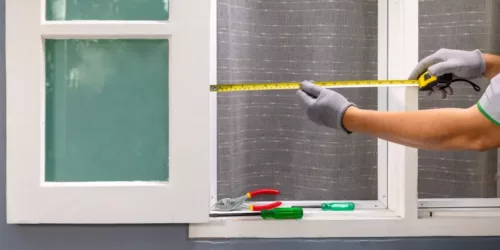
Replace Your Double Glazed Unit - A Useful Guide
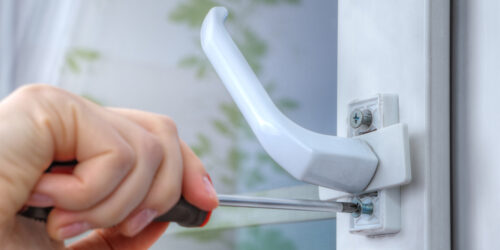
Double Glazing Repairs – All You Need to Know
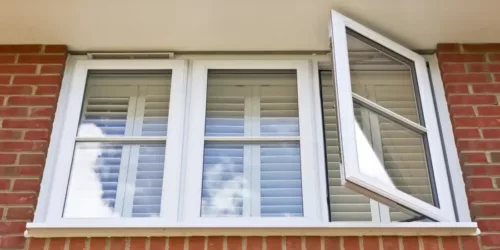
Trickle Vents in Windows: Are They Still Needed?
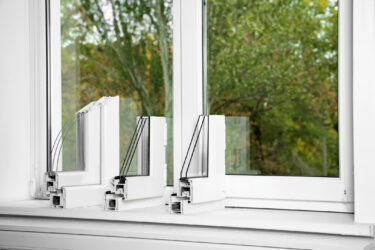
Energy Efficient Windows: A Guide To Better Window Energy Efficiency
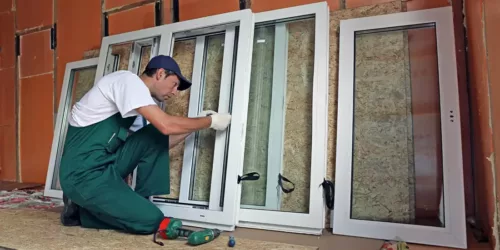
Double Glazing Repair – Is It Worth It?
